Can You Get a Mortgage if You’re Self-Employed? Expert Tips for Home Buyers
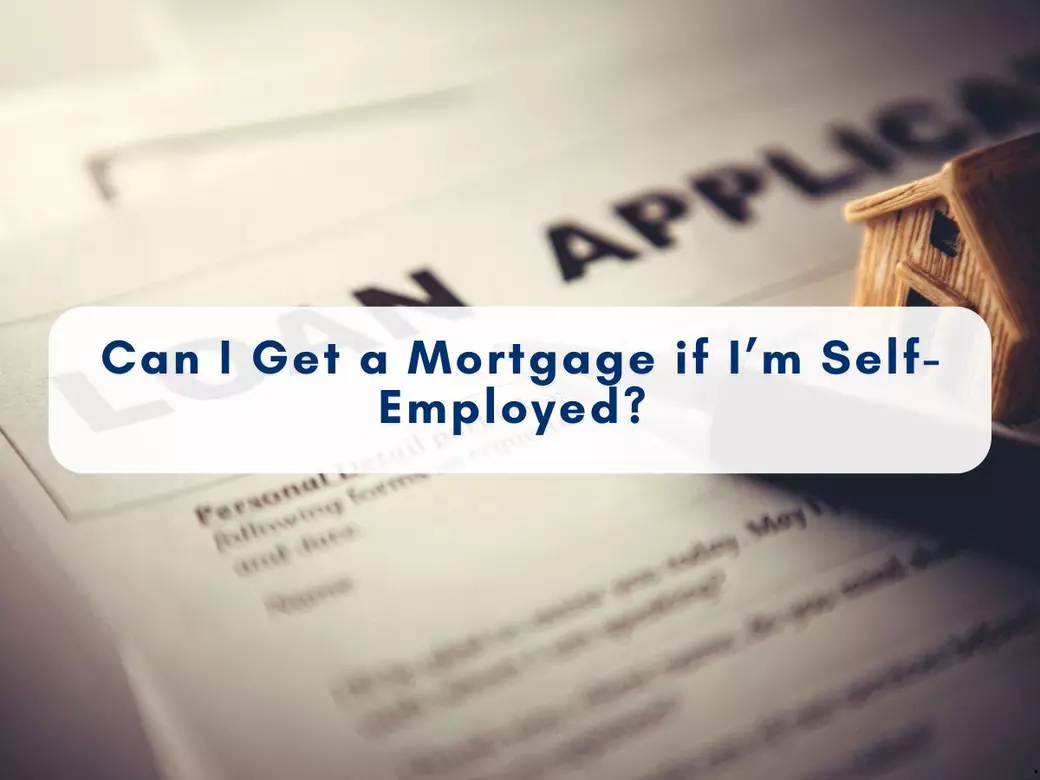
Can I Get a Mortgage if I’m Self-Employed: The Self-Employed Dream Meets the Homeownership Goal
Being self-employed comes with incredible perks — freedom, flexibility, and the satisfaction of building something on your own terms. When it comes to buying a home, many self-employed professionals quickly realize that freedom can also come with a few extra hurdles.
If you’ve ever wondered, “Can I qualify for a mortgage if I’m self-employed?” — the answer is yes, you absolutely can. The key is knowing how to navigate the process, prepare the right documents, and present your income in a way that builds confidence with lenders.
In this guide, we’ll break down everything you need to know about getting a mortgage as a self-employed buyer — from how lenders evaluate your finances to smart strategies that strengthen your approval odds. Whether you’re a small business owner in Locust Grove, a freelancer in Fredericksburg, or a contractor in Culpeper, these insights will help you get one step closer to homeownership.
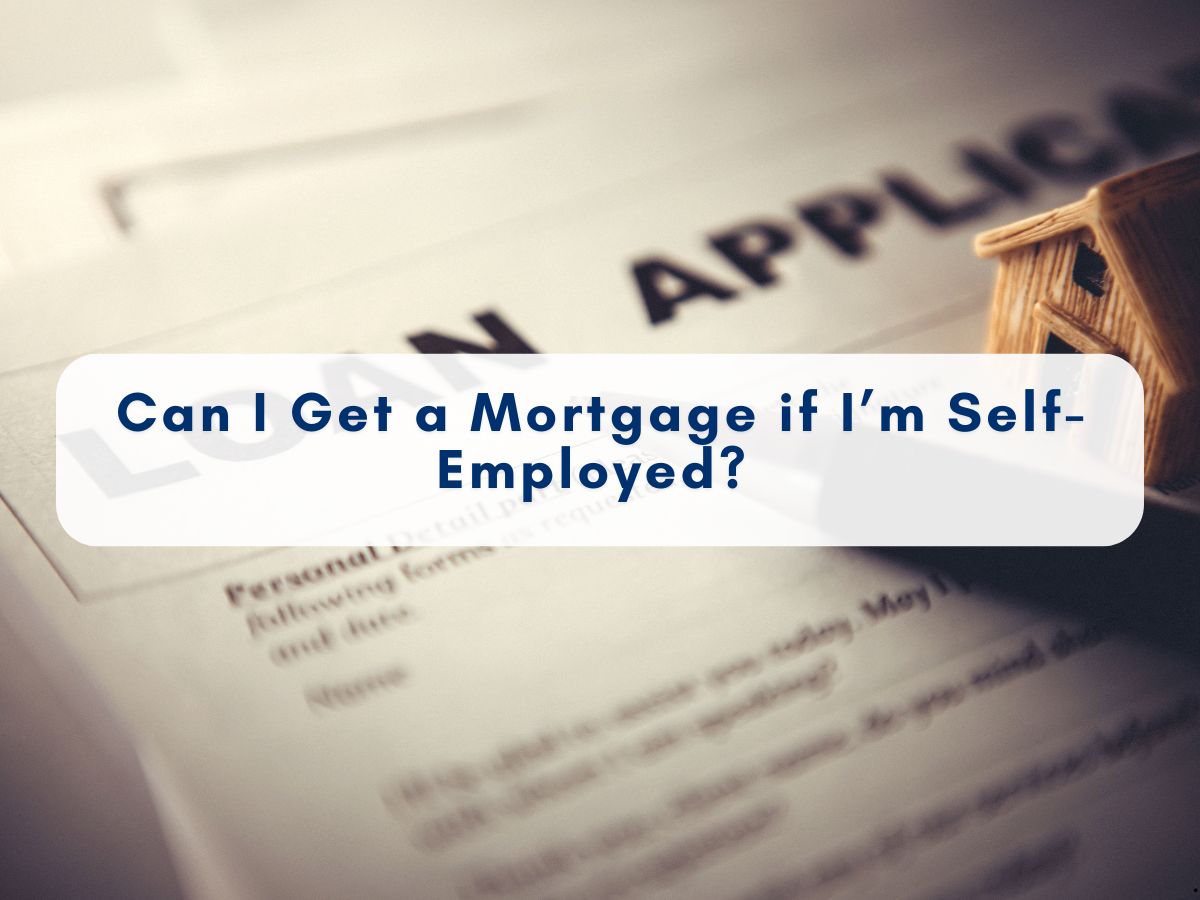
What Does “Self-Employed” Mean for Mortgage Lenders?
In the eyes of a lender, being self-employed typically means you earn income through your own business or contract work (think 1099) — rather than as a W-2 employee. This can include:
-
Small business owners
-
Independent contractors or consultants
-
Freelancers and gig workers
-
Sole proprietors or LLC members
💡Because your income may fluctuate month to month, lenders take extra steps to verify your ability to make consistent mortgage payments. They aren’t penalizing you for being your own boss — they’re simply looking for stability and proof that your business generates reliable income.
The Basics: What Lenders Look for in Any Borrower
Here’s the good news — the fundamental criteria for mortgage approval don’t change just because you’re self-employed. Lenders still focus on the same key areas:
-
Credit Score: Most conventional loans require a minimum score around 620, but higher is better for better rates.
-
Debt-to-Income Ratio (DTI): Lenders compare your monthly debts to your income to determine affordability.
-
Income Stability: Consistent earnings over time are a major factor.
-
Down Payment & Assets: Showing you have funds for a down payment and reserves can strengthen your file.
➡️Whether you’re a W-2 employee or a small business owner, lenders want reassurance that you’re financially stable enough to take on a mortgage.
How Applying for a Mortgage Differs When You’re Self-Employed
While the general qualifications are the same, the proof lenders require is more extensive for self-employed applicants. Instead of simply handing over W-2s, you’ll need to document your income more thoroughly.
Expect to provide:
-
Two years of personal tax returns
-
Two years of business tax returns (if applicable)
-
A year-to-date profit and loss statement
-
Business bank statements
-
Proof of business ownership, such as a business license or LLC registration
‼️Every lender may have slight variations in their documentation requirements, but the goal is always the same — to confirm that your self-employment income is both legitimate and stable.
The Two-Year Rule — and Why It Matters
Most lenders want to see at least two years of consistent self-employment history before approving a mortgage. This helps them evaluate how your business performs over time and ensures your income isn’t just a temporary spike.
If you’ve recently transitioned from being a W-2 employee to 1099 self-employed — but you’re working in the same field — some lenders may count your prior work experience toward the two-year requirement. It’s worth discussing this with a mortgage professional early in your journey.
Understanding Your Debt-to-Income Ratio (DTI)
Your debt-to-income ratio plays a major role in determining your mortgage eligibility. It measures how much of your monthly income goes toward debts — including credit cards, car loans, and other obligations — compared to how much you earn.
A good target is a DTI of 43% or lower, though some loan programs allow for slightly higher percentages. The lower your DTI, the more attractive you’ll appear to lenders.
If your ratio is too high, consider:
-
Paying down credit card balances
-
Refinancing or consolidating other loans
-
Reducing business or personal expenses
💡Even small adjustments can make a big difference in your approval odds and interest rate.
How to Strengthen Your Mortgage Application as a Self-Employed Buyer
Being self-employed doesn’t mean getting a mortgage is impossible — it just means you need to prepare thoughtfully. Here are strategies that can help your application shine:
1. Keep Impeccable Financial Records
Consistent bookkeeping is essential. Maintain clear documentation of all income, business expenses, and taxes. Organized records not only make tax season easier but also show lenders that you’re responsible and transparent about your finances.
2. Avoid Over-Deducting on Taxes
While it’s tempting to maximize business deductions, doing so can reduce your taxable income — and therefore, your qualifying income for a mortgage. Striking a balance between tax savings and showing sufficient income is key.
3. Build Up Your Savings
A healthy reserve fund reassures lenders that you can handle mortgage payments even if your business experiences slow months. Aim to save enough to cover several months of mortgage payments and living expenses.
4. Improve Your Credit Score
Pay bills on time, reduce outstanding debt, and avoid taking on new loans before applying. Even a small bump in your credit score can lead to better rates and terms.
5. Minimize Business Debt
Large business loans or credit lines can increase your DTI and raise red flags with underwriters. If possible, pay down or restructure business debts before applying for a mortgage.
Common Myths About Getting a Mortgage When Self-Employed
Let’s clear up some misconceptions that often discourage self-employed buyers:
❌Myth #1: You need perfect credit.
Truth: While great credit helps, many self-employed buyers qualify with fair or average scores — especially with programs like FHA loans or VA loans.
❌Myth #2: You can’t get a mortgage if you don’t show two full years of tax returns.
Truth: Some lenders accept one year of returns if you have strong financials or work in the same field.
❌Myth #3: Lenders don’t like self-employed borrowers.
Truth: Lenders aren’t against entrepreneurs — they just need clear documentation. In fact, many lenders specialize in self-employed mortgages today.
Loan Options for Self-Employed Buyers
Fortunately, self-employed buyers have access to the same loan programs as everyone else. You just need to choose one that fits your situation.
-
Conventional Loans: Ideal for borrowers with strong credit and steady income.
-
FHA Loans: More flexible credit and down payment requirements.
-
VA Loans: Exclusive to military service members, veterans, and eligible spouses — no down payment required.
-
Bank Statement Loans: For those whose tax returns don’t reflect their full income, these loans use bank statements to verify earnings instead.
💡Each program has different requirements, so working with a mortgage expert who understands self-employment is key.
Getting Organized Before You Apply
Preparation can make or break your mortgage journey. Before applying, take time to gather and review your financial documents. Look for:
-
Consistent year-over-year income growth
-
Manageable debt levels
-
Fewer large, unexplained transactions in bank accounts
-
Clean business and personal tax returns
✅The more proactive you are, the smoother the process will be — and the more confidence you’ll inspire in your lender.
When to Talk to a Mortgage Professional
If you’re planning to buy a home within the next year, now is the perfect time to speak with a mortgage professional. They can:
-
Review your income documentation
-
Recommend ways to strengthen your credit or DTI
-
Explain which loan programs fit your goals
-
Help you map out a personalized plan for pre-approval
Even if you’re not ready to apply today, having expert guidance early can make all the difference when the time comes.
Are You Self-Employed and Ready to Buy a Home?
Buying a home when you’re self-employed may take extra preparation, but it’s absolutely achievable — and deeply rewarding. You’ve built your career through hard work, persistence, and smart decision-making. Those same qualities can help you secure the home you’ve dreamed of.
With the right preparation, strong financial documentation, and the help of a knowledgeable mortgage professional, you can confidently step into homeownership — and enjoy the freedom of owning your space just as much as you enjoy being your own boss.
If you’re self-employed and thinking about buying a home in Central Virginia — whether in Locust Grove, Culpeper, Fredericksburg, or King George— I’d be happy to help connect you with trusted local lenders who understand the unique needs of entrepreneurs.
Let’s chat about your goals, your finances, and what it’ll take to get you into your dream home. Reach out today to schedule a consultation and start your journey toward homeownership with confidence.
Categories
Recent Posts
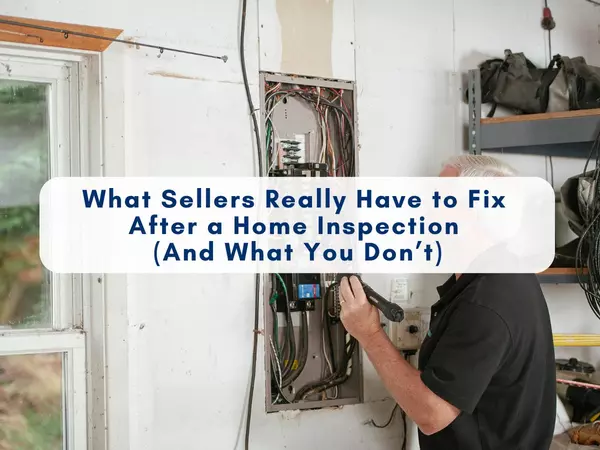

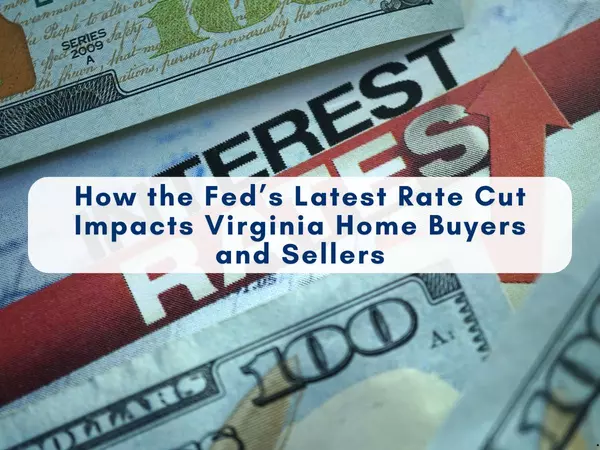



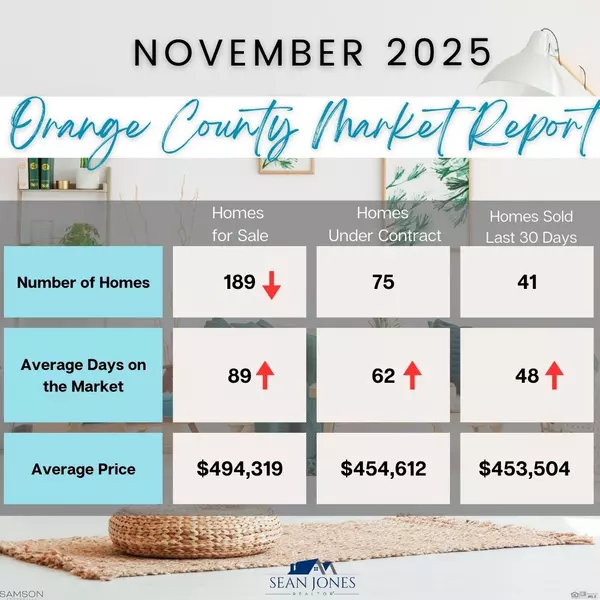
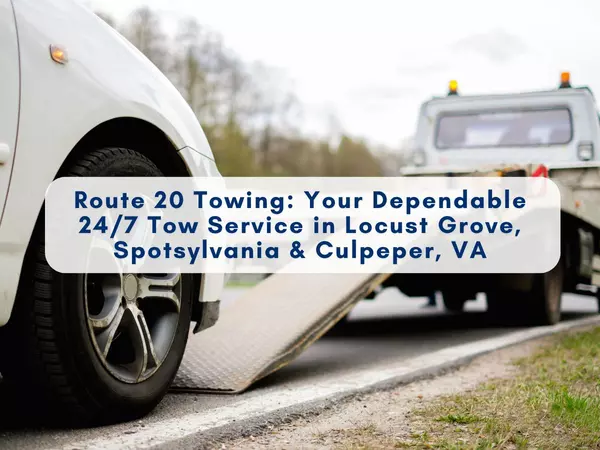

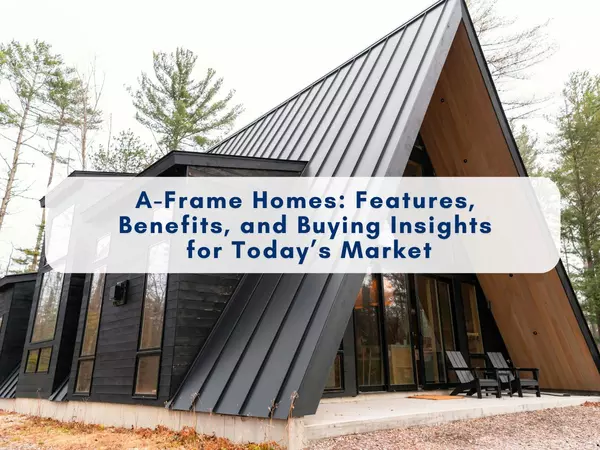

Buying a home isn’t just a financial decision—it’s a deeply personal journey filled with hopes, dreams, and big life changes. That’s why choosing the right real estate professional is one of the most important steps you can take.
A knowledgeable and experienced REALTOR® does more than open doors and write offers. They’re your advocate, your problem-solver, and your steady guide through what can sometimes feel like an overwhelming process. Whether it's navigating a competitive market, negotiating on your behalf, or keeping things on track behind the scenes, the right agent is there to protect your interests every step of the way.
In the end, buying a home should be an empowering experience. With the right person by your side—someone who brings both expertise and heart—you can move forward with confidence, knowing you're in good hands with Sean Jones.
GET MORE INFORMATION
